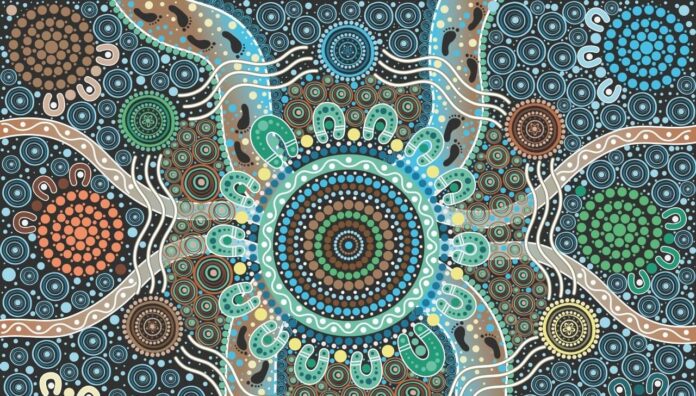
The theme for this year’s National Reconciliation Week (27 May – 3 June) is Be a Voice for Generations, with all Australians urged to act in the pursuit of a just, equitable and reconciled country.
This includes pharmacists, who can contribute to healthcare equity by broadening their own understanding of cultural safety, said Helen Stone MPS, PSA SA/NT State Manager and Reconciliation Action Plan (RAP) Working Group lead.
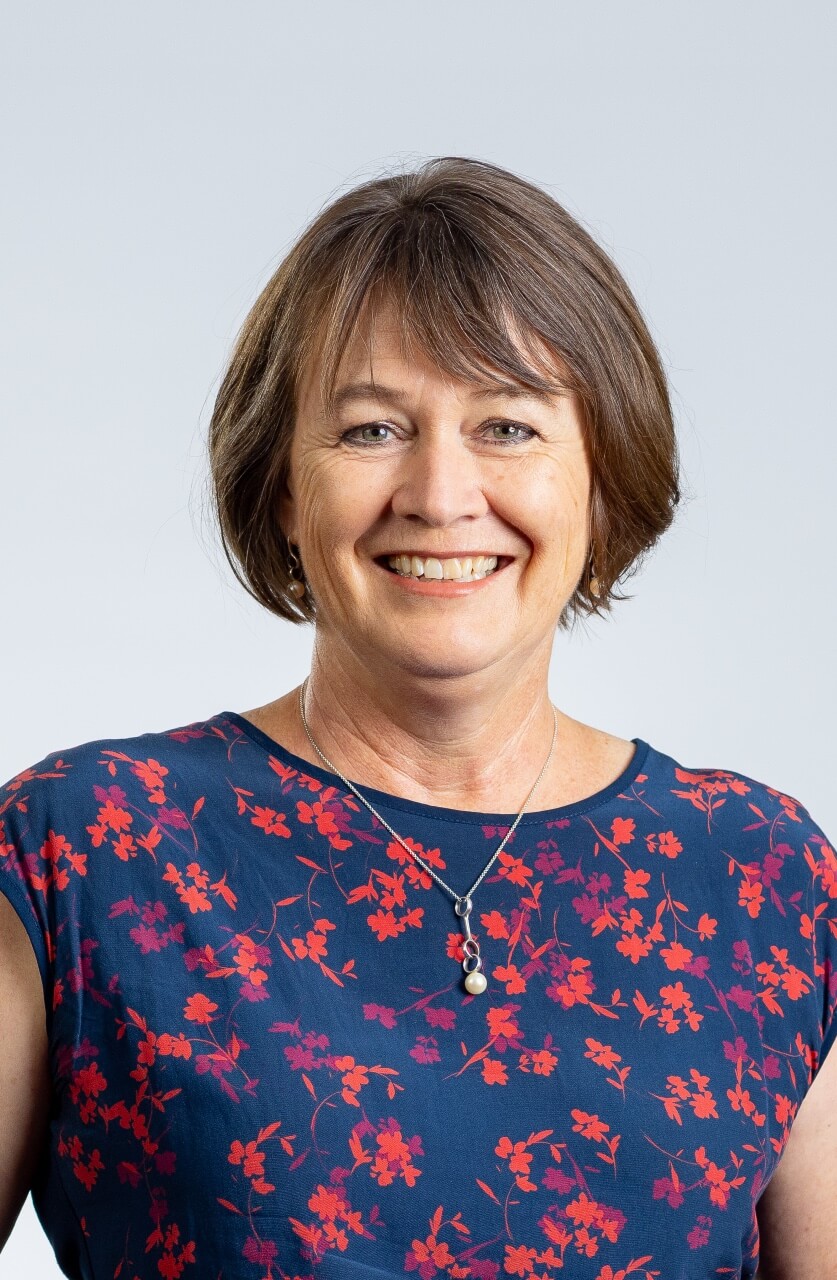
‘We’re encouraging pharmacists to go on their own journey of understanding about the debate around reconciliation, and what it means to have a Voice to Parliament,’ she said.
‘Reconciliation is absolutely about health. I want to live in an Australia where everybody has good health and access to the medicines they need, and unless we make changes to our systems, there will continue to be inequity.’
Strengthening cultural safety
Pharmacists should reflect on the value they place on continual cultural learning – either from a personal point of view or in a more structured and formal sense, said Chastina Heck MPS, a Nywaigi Mamu Bidjara woman and leader of the PSA–NACCHO Aboriginal and Torres Strait Islander Pharmacy Practice Community of Specialty Interest (ATSIPP CSI).
‘CPD planning should extend beyond pharmacotherapeutics to equip pharmacists in supporting themselves and their team to deliver culturally safe healthcare and workspaces – no matter how big or small it is,’ she said.
‘With strategies of increasing the Aboriginal and Torres Strait Islander pharmacy workforce, pharmacists also need to be cognisant that cultural safety doesn’t exist solely in the pharmacist-patient relationship but also within the workplace between all staff.’
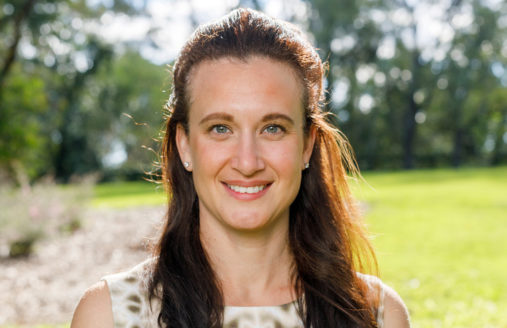
Ways to improve cultural competence could include:
- undertaking PSA’s free Deadly pharmacists foundation training course – either as a contribution to a lifelong cultural learning journey or an introduction to the Aboriginal Community Controlled Health Organisation (ACCHO) sector
- reading and referring back to PSA’s Guideline for pharmacists supporting Aboriginal and Torres Strait Islander peoples with medicines management
- seeking activities and opportunities to engage with local Aboriginal and Torres Strait islander communities to understand the local history of cultural practices and priorities.
Attending events in Reconciliation Week and NAIDOC Week is also a great way to demonstrate a commitment to the cause as a healthcare professional.
Every event promises new learning opportunities, said Ms Stone, who recently attended the 2023 National Reconciliation Week Breakfast Commemorating National Sorry Day and the 2023 Lowitja O’Donoghue Oration.
‘A Voice to Parliament Referendum won’t succeed without allies, so support and understanding is needed so Aboriginal people can have a say in the political decisions made for and about them.’
Become part of a network
For those interested in working in the ACCHO sector or strengthening their cultural knowledge, a good first step is joining the ATSIPP CSI.
‘The last few years has seen more conversation than ever before in how pharmacy practice influences and supports the health and wellbeing of Aboriginal and Torres Strait Islanders,’ said Ms Heck.
‘The cumulative exemplar experience of members within the group is an asset of great value, especially in research translation or the more practical aspects of implementation.
‘The transition to the new Facebook platform will also facilitate ease of access and foster the sharing of knowledge and curiosities in a safe way that ultimately benefits the community of individual practitioners and organisations.’
The ATSIPP CSI is open to all PSA members, and no prior experience or knowledge is required to join, said Megan Tremlett MPS, PSA Senior Pharmacist Consulting, and member of the RAP Working Group.
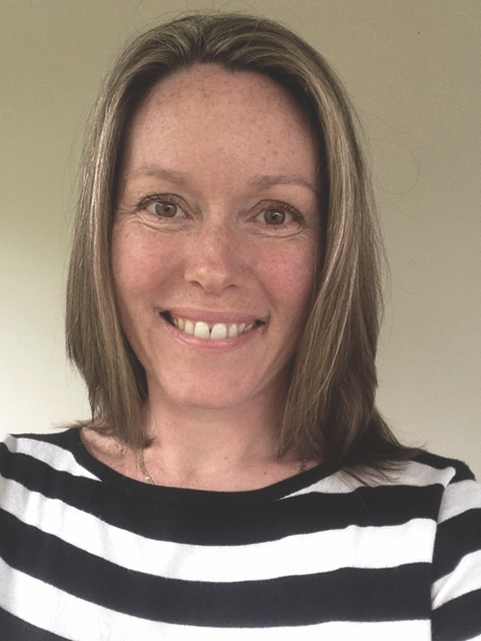
‘We have the opportunity to share education and cultural learning opportunities that are relevant to the Aboriginal Torres Strait Islander health sector, and occasionally even job vacancies in ACCHOs.’
Meeting professional obligations
The Australian Health Practitioner Regulation Agency stipulates that all pharmacists are professionally obliged to practise in a culturally safe way, said Ms Tremlett.
‘That means adding cultural learning opportunities onto their annual CPD plan throughout their career,’ she added.
To strengthen cultural knowledge this year, pharmacists could attend the upcoming Deadly Pharmacist Panel: what next? at PSA23. Chaired by Ms Tremlett, the panel features Ms Heck and Alice Nugent, a pharmacist advisor on NACCHO’s Medicines Policy and Programs team, who will provide an overview on new Quality use of Medicine initiatives in the ACCHO sector.
‘The IPAC trial gathered evidence of the impact of pharmacists integrated within ACCHOs, and the Deadly pharmacists foundation training course is a [stepping stone] to equip more pharmacists to work in the sector – all of this work is leading up to a recognised career pathway for pharmacists,’ said Ms Tremlett.
PSA RAP developments
Since forming in 2021, PSA’s RAP Working Group continues to identify ways to help the profession become more culturally safe, including the recent release of the Aboriginal and Torres Strait Islander peoples’ health care position statement.
To help develop the First Nations pharmacist workforce, the Working Group also identifies scholarships and employment opportunities for pharmacists or interns, including the new PSA Faye McMillan Conference Grant.
Through the grant, registration, travel and accommodation costs will be covered for registered pharmacists who identify as Aboriginal or Torres Strait Islander to attend PSA23, with recipients notified today (31 May).
‘We support other organisations through raising awareness of opportunities through organisations such as Indigenous Allied Health Australia by publishing them in PSA today, and advertising scholarships and internships for Aboriginal people with [Victorina-based] Barwon Health,’ said Ms Stone.
An updated PSA Acknowledgement of Country also recognises Aboriginal and Torres Strait Islander peoples as ‘Australia’s first pharmacists’ through the use of Bush medicines such as:
- tea-tree leaves, crushed and applied as a paste to wounds or brewed for sore throats
- eucalyptus oil for pains, fevers and chills.
‘Everyone uses these [common antiseptics], so pharmacists should reflect and recognise that Aboriginal people have been using them for thousands of years,’ she said.
Register for PSA23 to participate in sessions run by the six Communities of Specialty Interests including updates to policy and career pathways.



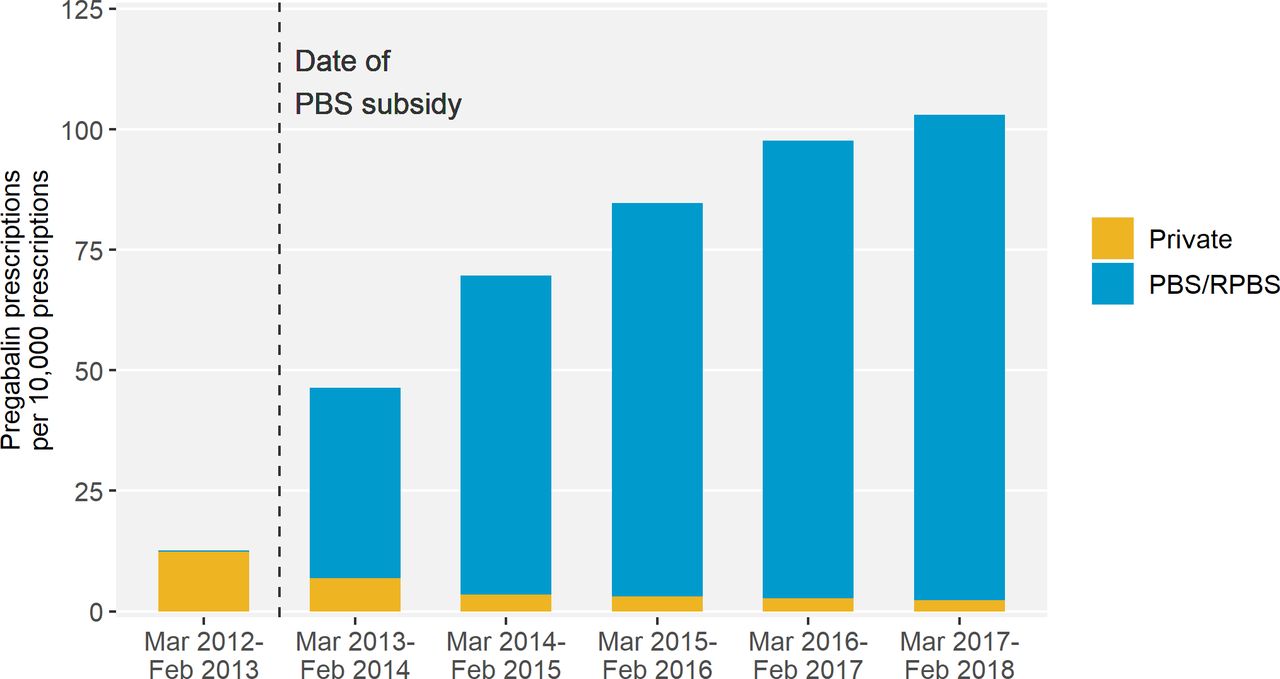 Source – Pregabalin prescribing patterns in Australian general practice, 2012–2018: a cross-sectional study[/caption]
Source – Pregabalin prescribing patterns in Australian general practice, 2012–2018: a cross-sectional study[/caption]

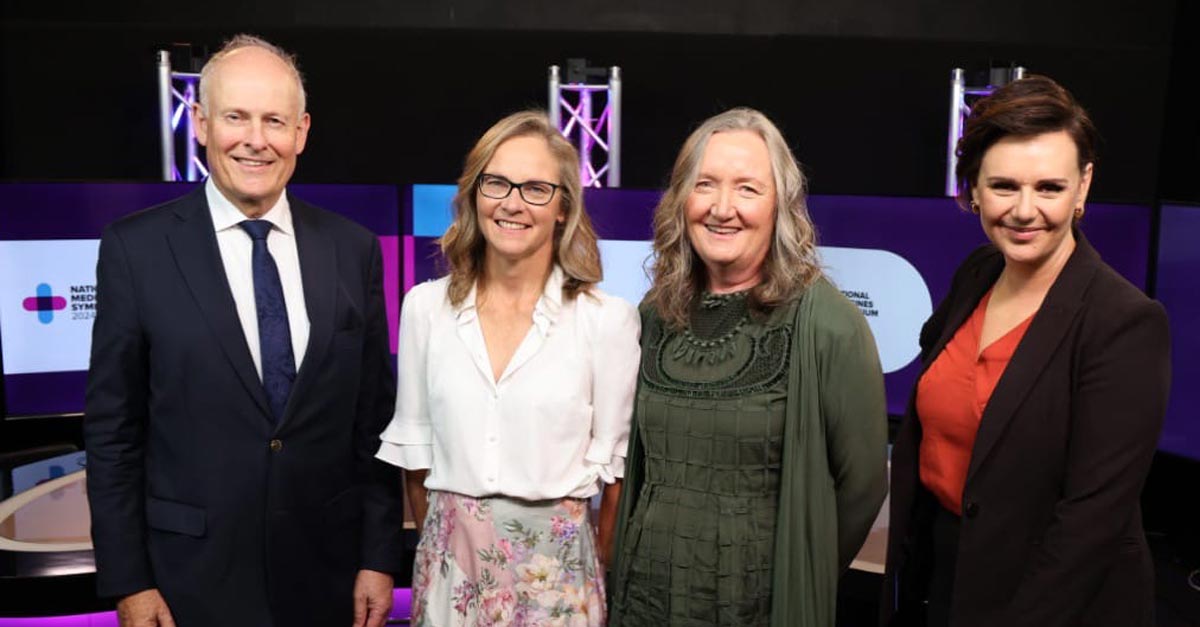 National Medicines Symposium 2024 speakers (L to R): Steve Waller, Professor Jennifer Martin, Professor Libby Roughead, Tegan Taylor[/caption]
National Medicines Symposium 2024 speakers (L to R): Steve Waller, Professor Jennifer Martin, Professor Libby Roughead, Tegan Taylor[/caption]


 This CPD activity is sponsored by Reckitt. All content is the true, accurate and independent opinion of the speakers and the views expressed are entirely their own.[/caption]
This CPD activity is sponsored by Reckitt. All content is the true, accurate and independent opinion of the speakers and the views expressed are entirely their own.[/caption]





